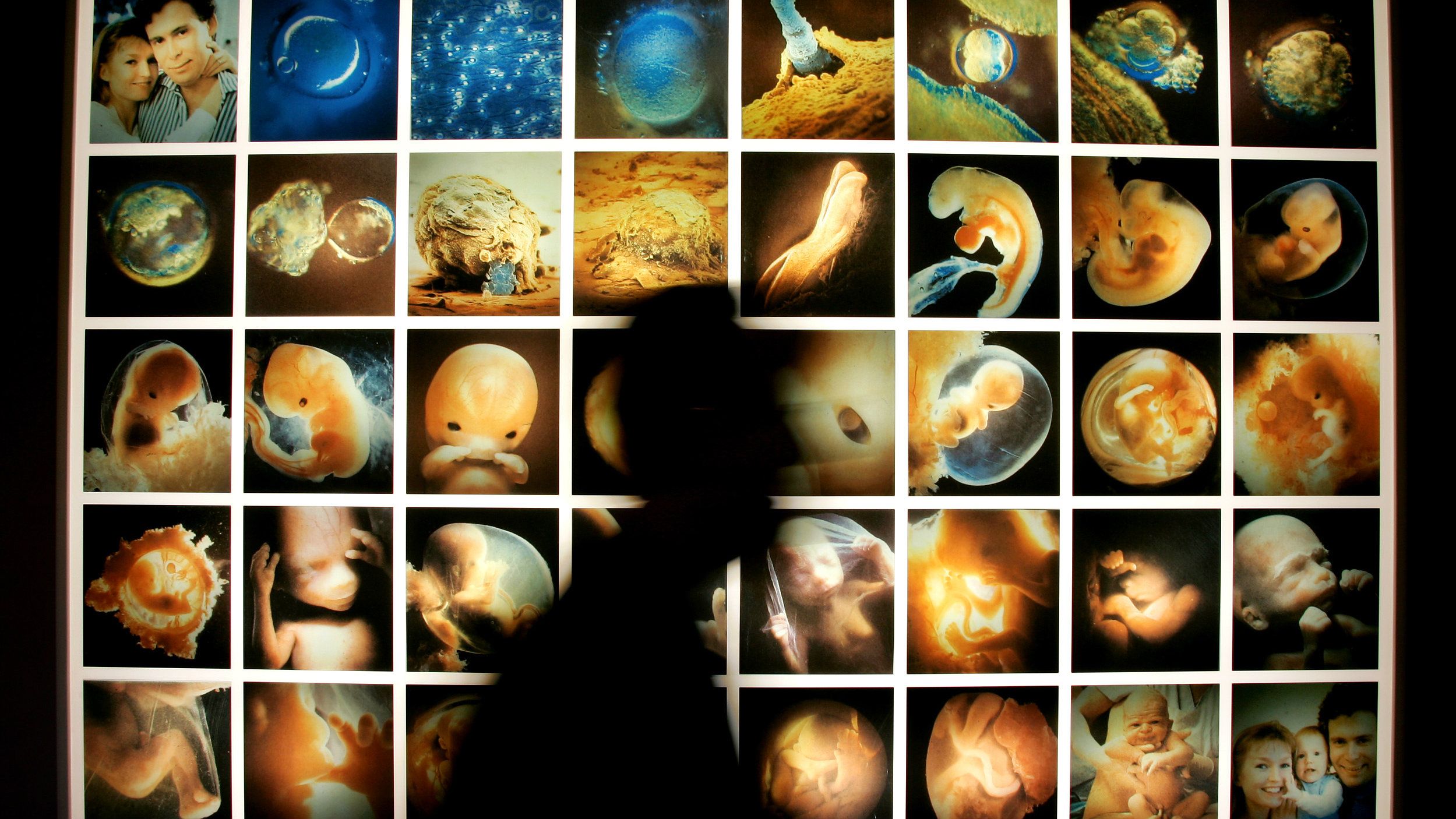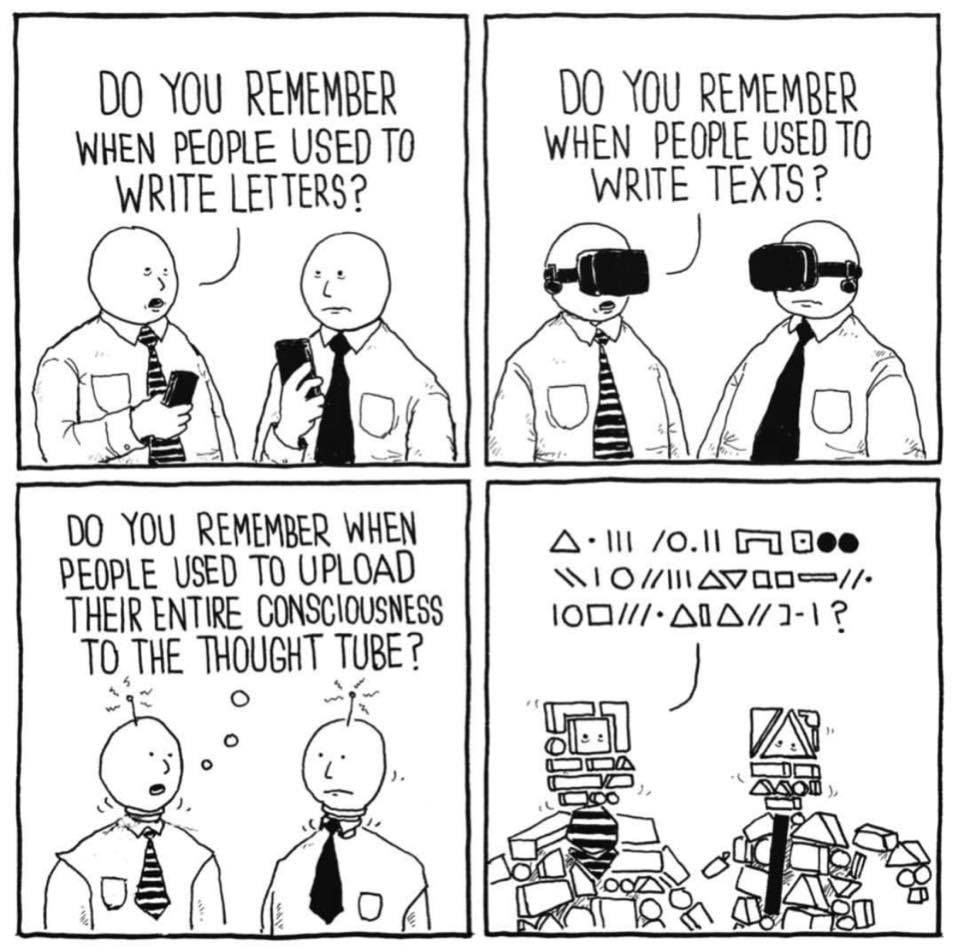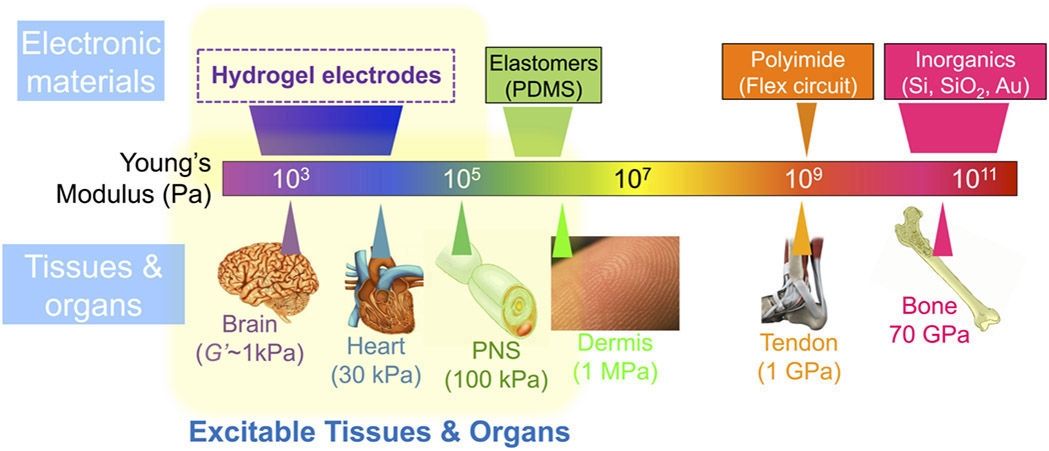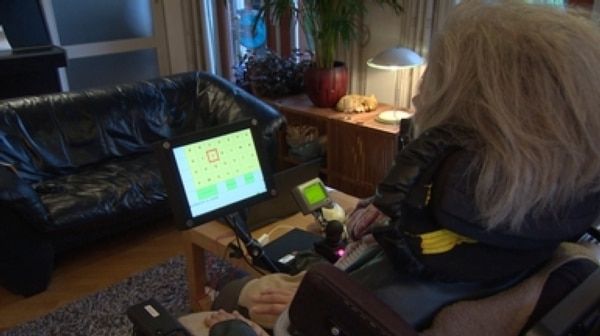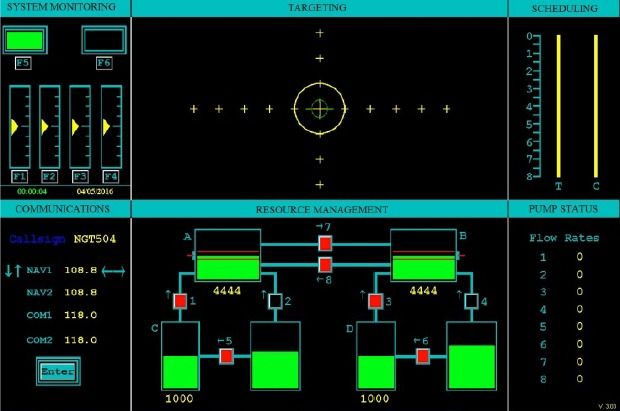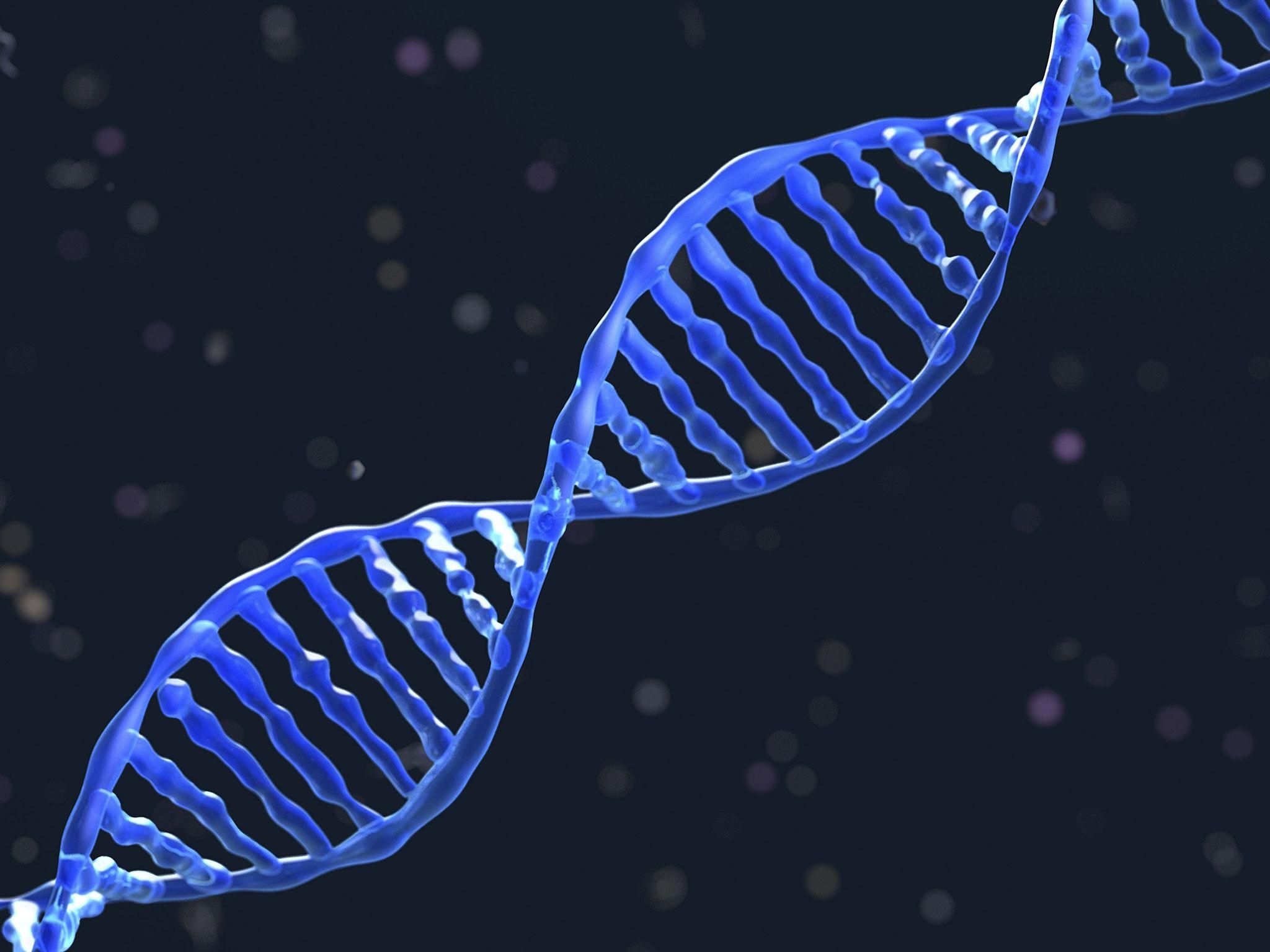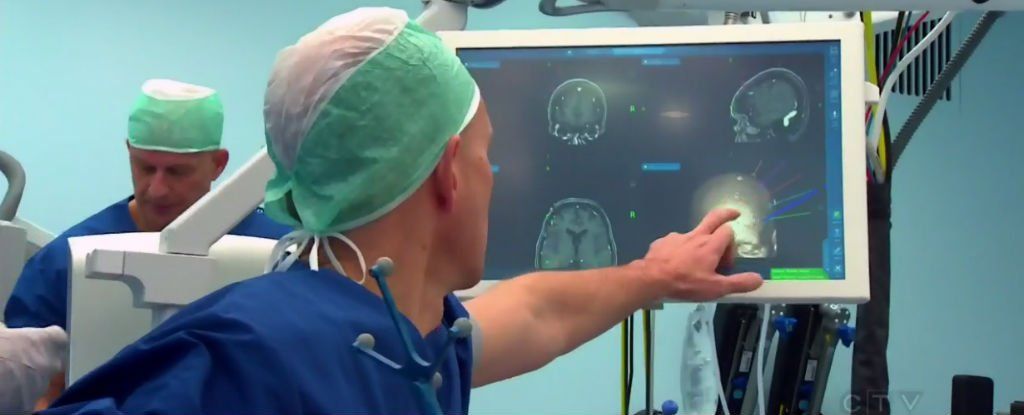Archive for the ‘neuroscience’ category: Page 929
Nov 20, 2016
Scientists Discover How to Implant False Memories
Posted by Klaus Baldauf in categories: biotech/medical, neuroscience
Implanting false memories could cure Alzheimer’s, PTSD, and depression. It could also make scapegoating easier, allow for witness tampering, or give those under a brutal dictatorship false patriotism.
Nov 17, 2016
Materials and microfabrication processes for next-generation brain-machine devices
Posted by Karen Hurst in categories: biotech/medical, neuroscience
Transfer printing microstructures onto novel hydrogel interfaces and customised composite electrodes could increase the compatibility and information transfer between body tissue and electronic devices.
Implantable devices such as pacemakers, cochlear implants, and deep brain stimulation devices enhance the quality of life for many people. Improving the integration of such devices with the body could enable the next generation of brain-machine interfaces (such as, implantable devices that can record and modulate neurological function in vivo) to monitor physiology, detect disease, and deploy bioelectronic medicines.
Nov 17, 2016
Wireless Brain Implant Allows “Locked-In” Woman to Communicate
Posted by Karen Hurst in category: neuroscience
Experts call the technology a “significant achievement,” but critics say the risks may not be justified.
- By R. Douglas Fields on November 17, 2016
Nov 17, 2016
Runner’s High? You’re Growing New Brain Cells
Posted by Steve Hill in category: neuroscience
Time to hit the trail and run for your life!
Your brain creates new cell growth and repair during aerobic exercises, such as running.
Nov 16, 2016
Test of transcranial direct current stimulation (tDCS) of the brain shows improved multitasking performance
Posted by Sean Brazell in category: neuroscience
Placement of five anode electrodes (left) over the dorsolateral prefrontal cortex and the cathode (right) over the right shoulder (to avoid spurious cognitive effects from cortical excitability) (credit: Justin Nelson et al./ Front. Hum. Neurosci.)
In an experiment at the Air Force Research Laboratory, Wright-Patterson Air Force Base in Ohio, researchers have found that transcranial direct-current stimulation (tDCS) of the brain can improve people’s multitasking skills and help avoid the drop in performance that comes with information overload.
The study was reported in a pre-publication paper in the open-access journal Frontiers of Human Neuroscience. It was motivated by the observation that various Air Force operations such as remotely piloted and manned aircraft operations require a human operator to monitor and respond to multiple events simultaneously over a long period of time. “With the monotonous nature of these tasks, the operator’s performance may decline shortly after their work shift commences,” according to the researchers.
Nov 16, 2016
DNA-editing breakthrough could fix ‘broken genes’ in the brain, delay ageing and cure incurable diseases
Posted by Shane Hinshaw in categories: biotech/medical, genetics, life extension, neuroscience
Scientists have discovered a new way to edit DNA that could fix “broken genes” in the brain, cure previously incurable diseases and potentially even extend the human lifespan.
The breakthrough – described as a “holy grail” of genetics – was used to partially restore the sight of rats blinded by a condition which also affects humans.
Previously researchers were not able to make changes to DNA in eye, brain, heart and liver tissues.
Nov 14, 2016
This World-First Brain Implant Is Letting a ‘Locked-In’ Woman Communicate
Posted by Shane Hinshaw in categories: biotech/medical, computing, neuroscience
A paralysed woman in the Netherlands is the first to be fitted with a new type of brain implant that allows patients who cannot speak or move to communicate using nothing but their thoughts.
The new implant, which works with a computer interface to help her spell out words and sentences, can be used anywhere, allowing her to communicate with people in the outside world, without medical experts on hand to help.
“This is a world first,” neuroscientist and lead researcher Nick Ramsay, from the University Medical School Utrecht, told CNN. “It’s a fully implantable system that works at home without need for any experts to make it work.”
Continue reading “This World-First Brain Implant Is Letting a ‘Locked-In’ Woman Communicate” »
Nov 13, 2016
Primates Regain Control of Paralyzed Limb with Wireless Bridge Between Brain and Spine
Posted by Karen Hurst in categories: biotech/medical, neuroscience
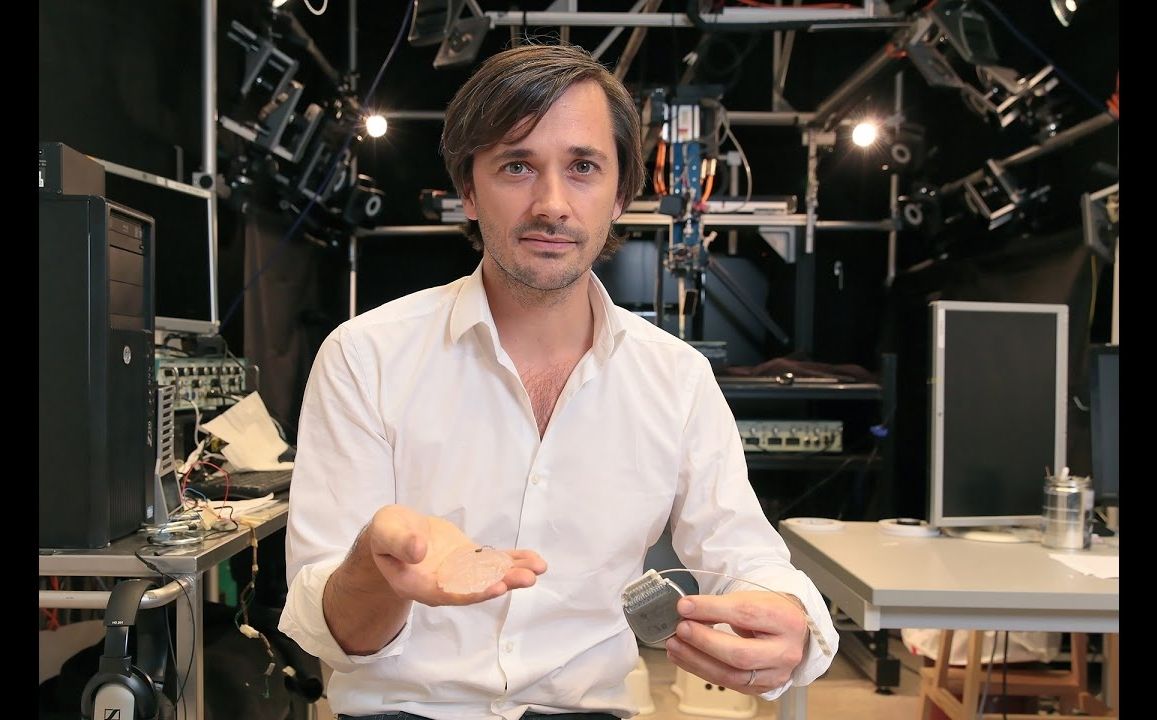
It won’t be long now for humans.
A site dedicated to the sciences, recent scientific discoveries and advances.
